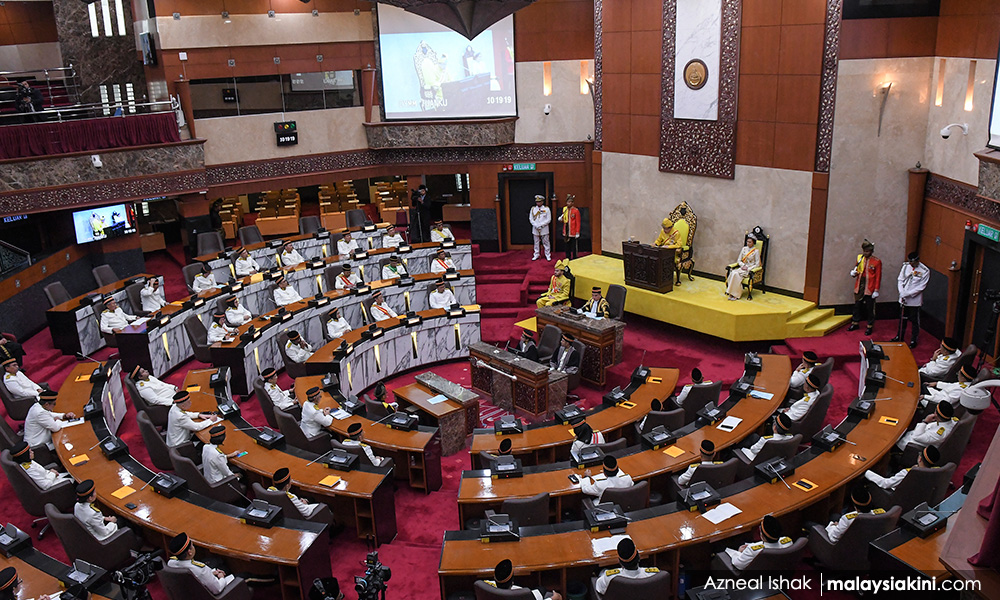
The Selangor Legislative Assembly should have debated the bill on the unilateral conversion of minors to Islam, according to lawyer Mohamed Haniff Khatri Abdulla.
Haniff said that based on the principle of separation of power, a legislative body cannot be stopped from tabling any amendments simply because of a prior court ruling on the matter.
He added that whether or not the proposed amendment is ultra vires would have been for the courts to decide, if a legal challenge ensued following the passing of the bill.
A Federal Court ruling, Haniff pointed out, is not cast in stone and can "evolve" if the matter is brought before it again. Likewise, any amendments to laws or the constitution would require the judiciary to reevaluate its position.
"So what is wrong with allowing the bill to be debated? For the speaker to actually control the tabling of the bill, it could be morally or legally very wrong.
"It would put us back in the position of what we were accusing the previous government of," he told Malaysiakini.
This is in possible reference to matters concerning 1MDB being blocked from discussion at the Dewan Rakyat under BN rule.

On Wednesday, Malaysiakini reported that Selangor Menteri Besar Amirudin Shari (photo) had planned to table a bill allowing for unilateral conversion at the state assembly sitting which concluded on July 31.
This was despite objections from a majority of Pakatan Harapan assemblypersons, and even members of his own cabinet.
The bill was reportedly scuttled after state assembly speaker Ng Suee Lim refused to sign a document allowing it to be tabled.
In the wake of the report, Amirudin and Ng have pointed fingers at each other in regards to why the bill was not tabled.
At present, the Selangor enactment reads that those below 18 must obtain the consent of his or her "mother and father" before embracing Islam. The amendment seeks to change this to "mother or father."
The Bahasa Malaysia version of the Federal Constitution also refers to "mother or father" with regard to consent for conversion.
However, the Federal Court last year made a landmark ruling that the constitution should not be interpreted literally and the consent of both parents is needed for the conversion of minors.
The apex court decision was made in the case the unilateral conversion case involving the children of M Indira Gandhi and her ex-husband Muhammad Riduan Abdullah.
Lawyers had argued that the ruling would have rendered the Selangor amendment invalid and unenforceable.
Haniff disagreed with this, however.
"What would happen is the state religious department would apply the new law, because the enactment had come after the Federal Court ruling.
"Those affected by this can then bring the matter to court. It can be challenged and should be challenged in court," he said.
Haniff added that the Federal Court ruling in the Indira case had left some grey area, particularly as it does not touch on the matter whether conversions are the jurisdiction of the civil or syariah courts.
"Which is why I'm saying the state assembly should have been allowed to table the bill.
"If the bill is defeated, end of story. But if it is allowed, then those who are not happy can take it to court." - Mkini




No comments:
Post a Comment
Note: Only a member of this blog may post a comment.